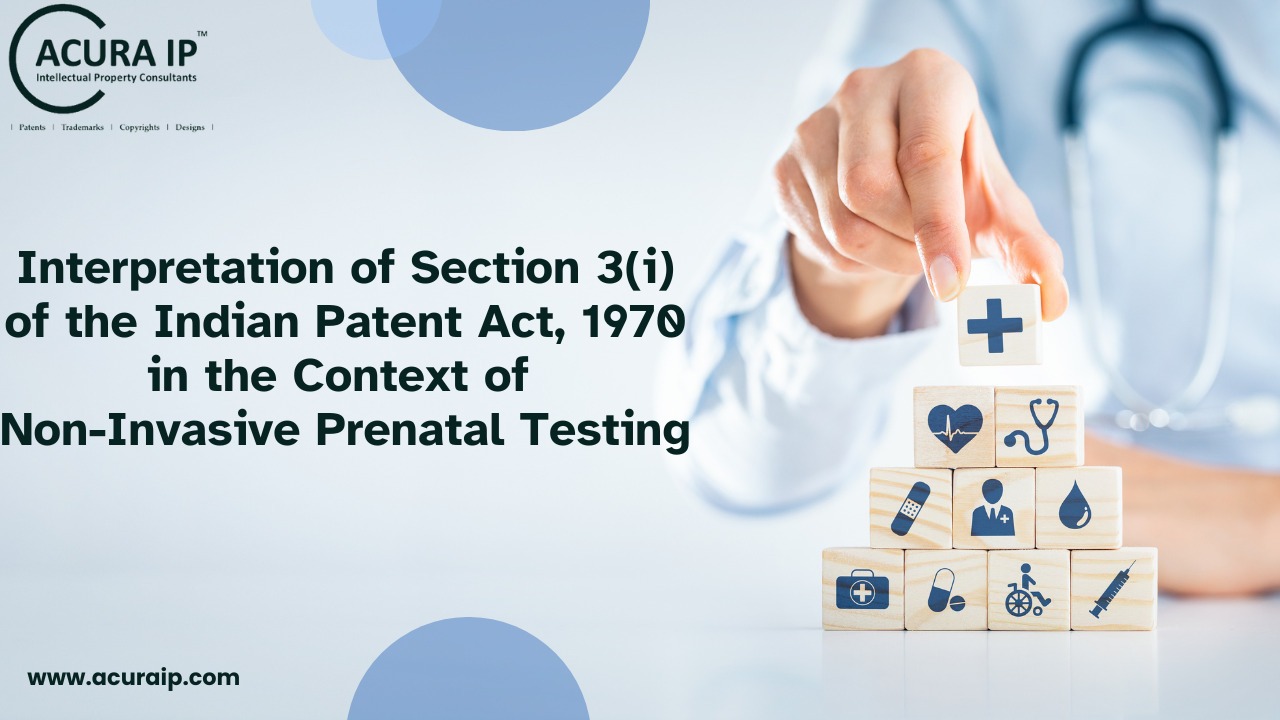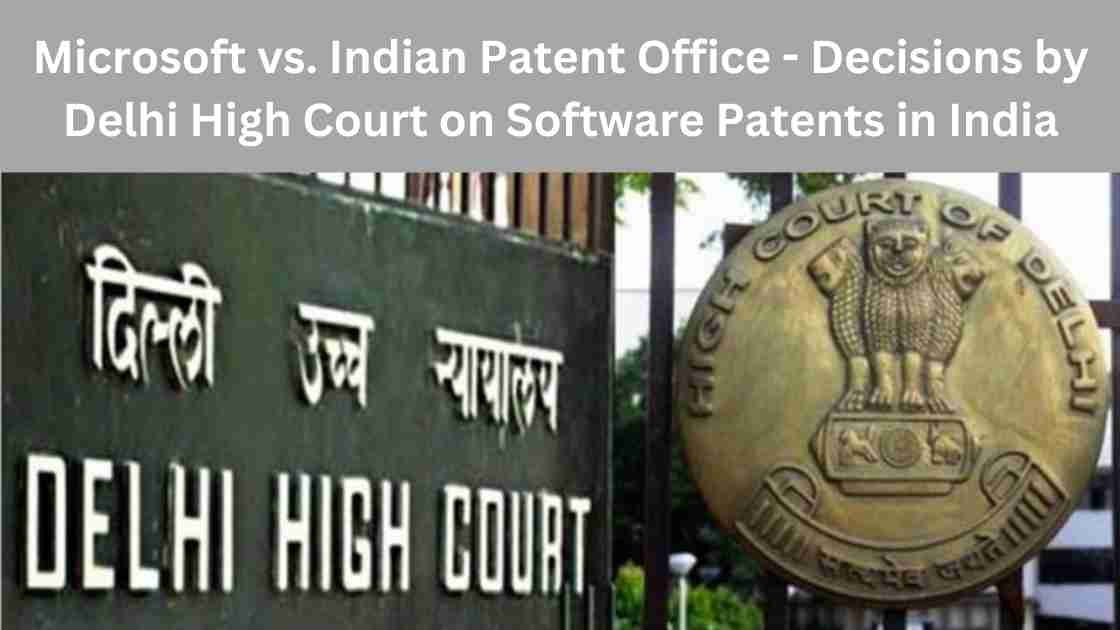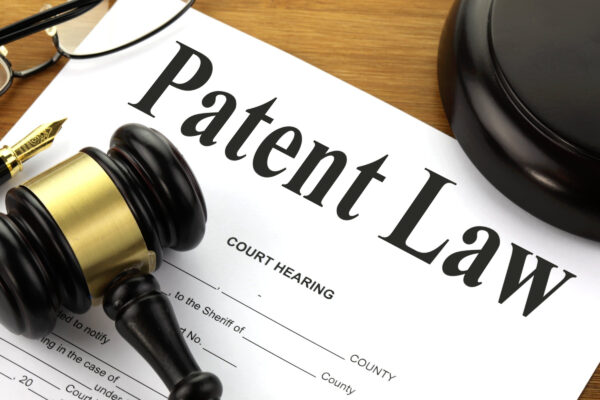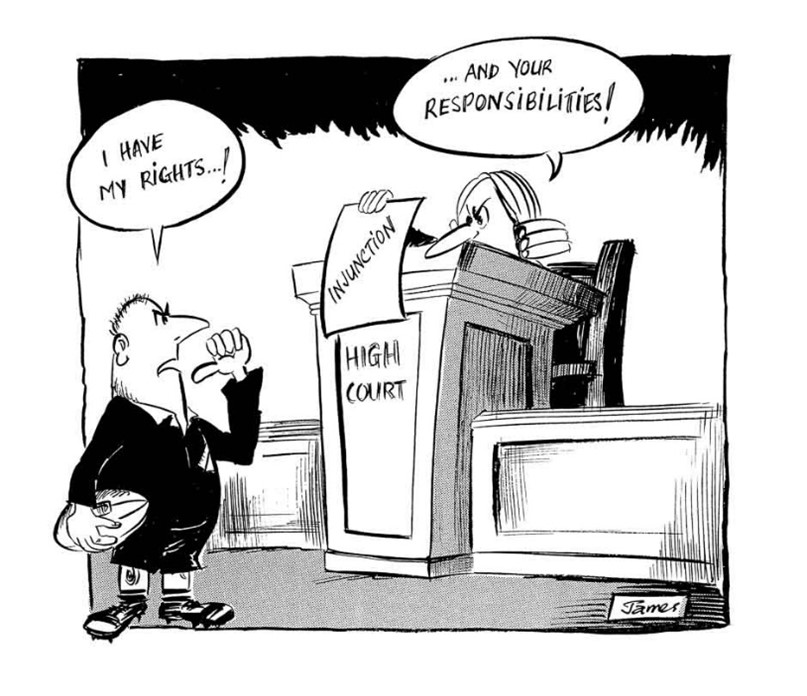Tag: patent law

Recent FAQs Published by the Indian Patent Office on Form 27
The Indian Patent Office recently released a comprehensive FAQ document regarding Form 27, aimed at clarifying the requirements and procedures for patentees and licensees in India. Form 27 is a statutory requirement under Section 146(2) of the Patents Act, 1970, and Rule 131(1) of the Patents Rules, 2003, mandating the submission of a statement concerning the commercial working of a patented invention in India. Key Highlights: Who Needs to File? Every patentee and licensee in India must file Form 27, either individually or through an authorized patent agent or attorney. A single form can cover multiple patents, provided they are related and granted to the same patentee(s). Filing Timeline and Extensions: Form 27 should be filed once every three financial years, starting from the financial year following the patent grant. The deadline can be extended up to nine months upon filing appropriate requests under the relevant rules. Consequences of Non-Compliance:…

Interpretation of Section 3(i) of the Indian Patent Act, 1970 in the Context of Non-Invasive Prenatal Testing
Introduction The advent of Non-Invasive Prenatal Testing (NIPT) has revolutionized prenatal diagnostics, enabling expectant parents to assess the genetic health of the fetus without invasive procedures. However, the eligibility of such diagnostic methods for patent protection, especially in light of Section 3(i) of the Indian Patent Act, 1970 (as amended) has been a subject of considerable legal debate. This article provides a detailed exploration of the Hon’ble Madras High Court’s judgment in the matter of The Chinese University of Hong Kong Knowledge Transfer Office and Sequenom, Inc vs The Assistant Controller of Patents & Designs[1], shedding light on the technical and legal aspects that guided the court’s decision-making process. Non-Invasive Prenatal Testing (NIPT) Non-Invasive Prenatal Testing (NIPT) involves analyzing cell-free fetal DNA present in the maternal bloodstream to detect genetic abnormalities in the fetus. Unlike traditional prenatal testing methods that carry inherent risks, NIPT offers a safer and more accurate…

Microsoft vs. Indian Patent Office – Decisions by Delhi High Court on Software Patents in India
The part of this series focuses on the two recent judgments of the Delhi High Court passed in the statutory appeals filed by one of the leading technology giants Microsoft in the matters of Microsoft Technology Licensing, LLC v. The Assistant Controller of Patents & Designs[i], and Microsoft Technology Licensing LLC v. Assistant Controller of Patents and Designs[ii]. These judgments pertain to statutory appeals against refusal of a grant of patent applications, whereby the Delhi High Court has recommended the Indian Patent Office to adopt a broader strategy in appraising computer-related inventions. Such inventions are to be examined from the standpoint of their technical improvements and their functional significance in addressing concrete issues brought forth by such creations. The judgments provide an opportunity to revisit the concepts embodied under Section 3(k) of the Patents Act, 1970. Brief Facts: 1. Microsoft Technology Licensing, LLC v. The Assistant Controller of Patents &…

Challenging a Patent Application or a Patent in India
A patent is a statutory right granted to prevent any third party, who does not have the patent owner’s consent from using his patented invention. To know more about patents, please refer to the article “What is a Patent?” While patents are granted after examination of the invention by the respective patent offices, these patent rights are not absolute in most jurisdictions. This means that the patents and even patent applications can be challenged at any stage post-publication of the patent application or during the lifetime of the patent. It is an established position of law in India that there is no presumption of validity of a patent.[i] Also, Section 13(4) of the Patents Act, 1970, (“Act”) provides that the examination and investigations conducted by the Indian Patent Office under Section 12 of the Act shall not be deemed in any way to warrant the validity of any patent. Considering…

PATENT LAW 101: THE BASICS
Before we begin, kindly note that this article is focused solely on those readers who do not have any idea about patents. So, what are patents? Why are people talking about them so much? Let’s try to understand some basics of what patents are and why they are important. What is a patent? A patent is an exclusive right granted for an invention. The invention may be a product or a process that provides a new way of doing something. What are the exclusive rights? A patent owner can restrict others from using their invention. He has exclusive rights to use, sell, offer for sale, and import that invention. He can also license his rights to a third party for monetary benefits. Can I patent any “new” invention? There are certain conditions for granting patent rights for an invention. The conditions…

Recent FAQs Published by the Indian Patent Office on Form 27
The Indian Patent Office recently released a comprehensive FAQ document…

A Comprehensive Guide to Patent Searches: Types, Examples, and When to Use Them
Patent searches are a crucial aspect of the patenting process.…

Microsoft vs. Indian Patent Office – Decisions by Delhi High Court on Software Patents in India
The part of this series focuses on the…

Case in Point: Sun Pharma Ltd vs. DWD Pharma Ltd
Case in Point is a new series where…
Categories
Recent Discussions
Recent FAQs Published by the Indian Patent Office on Form 27
The Indian Patent Office recently released a comprehensive FAQ document regarding Form 27, aimed at clarifying the requirements and procedures for patentees and…
Recent Discussions
A Comprehensive Guide to Patent Searches: Types, Examples, and When to Use Them
Patent searches are a crucial aspect of the patenting process. Whether you're an inventor, entrepreneur, or a legal professional, understanding the different types…
